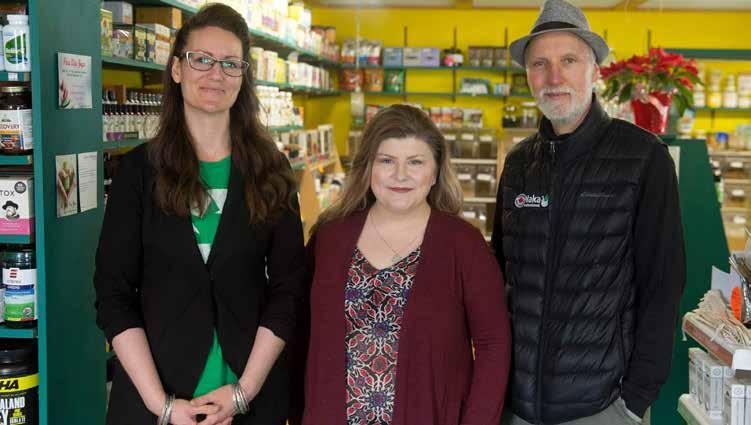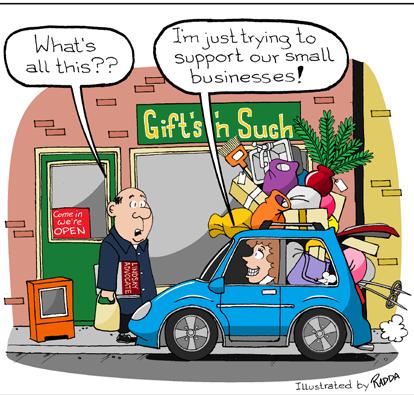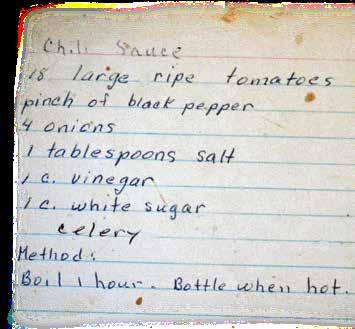BENNS’ BELIEF
RODERICK BENNS, Publisher
Our sense of place
All communities are not made equal. Some are fragile hamlets, hanging on only through the echoes of history. Other communities are sprawling behemoths oozing prosperity, big box stores and middle-class urgency — a place of perfect lawns and hungry bees. I think of Durham Region, where a tourist could drive from Oshawa through Whitby, then Ajax, then Pickering and never know they’re leaving one place and entering another, save for a sign announcing it had happened. (The west side of Toronto is similar.) Other communities — the best kind, I believe — are the kind we live in here. Lindsay is where I live. It’s clear when I’m leaving that I’m going somewhere “else” because I’ve traded the attractive small-town vibe for the beauty of the countryside along the way. I can arrive in scenic Fenelon Falls 20 minutes later or maybe to breathe in between and underrated Kirkfield Kirkfield 30 30minutes minuteslater. later.There Thereis room is room to breathe in between to enjoy the distinctiveness between thesethese places. (We (We may be allbe oneallcity and to enjoy the distinctiveness between places. may onenow, city and we need to support one another, but we still identify most closely with the now, and we need to support one another, we still identify most community we hail from — and there’s nothing wrong with that.) Of course, there are fine people who live in the suburbs and this comparison depends on at least some generalizations. But having lived in Durham Region for a decade, I speak from experience. Many choose life in the suburbs only to be close to a Toronto-paying job. (As in my case.) And that’s part of the problem. It’s hard to get involved at a community level and to feel truly connected when a job removes that person from their city or town to spend their working hours somewhere else. It is anathema to a sense of place. Sense of place, as a concept, is something that geographers study intently. Things that create a sense of place include a feeling of personal attachment and belonging, which in turn cultivates engagement and commitment to the community. It takes a lot of energy — both physically and mentally — to commute from one’s community in the suburbs to and from Toronto and then back again each day. Driving, I imagine, would be particularly draining. Even taking the GO train, as I did, meant witnessing people lined up at the doors like racehorses, ready to bolt for their car to go home and relax, only to rinse and repeat for another tomorrow. That is not sustainable living. High-paying jobs may be scarcer here, and we need to work on that, but there are significant positive trade-offs for working and living in the same community, including getting to know your neighbour and having time to volunteer. So, shop local (that doesn’t mean Peterborough), get involved with a local organization, and take part in local events. This is our place — and it needs us more than ever.
www.lindsayadvocate.ca
Tell us about your...
damages arbitration strategy
[ccase] worries mediation evidence
Connect with us at [ wardlegal.ca/tell-us ]. Solutions are a conversation away.
84 Kent Street West Lindsay, Ontario 705.324.9273 info@wardlegal.ca
9







